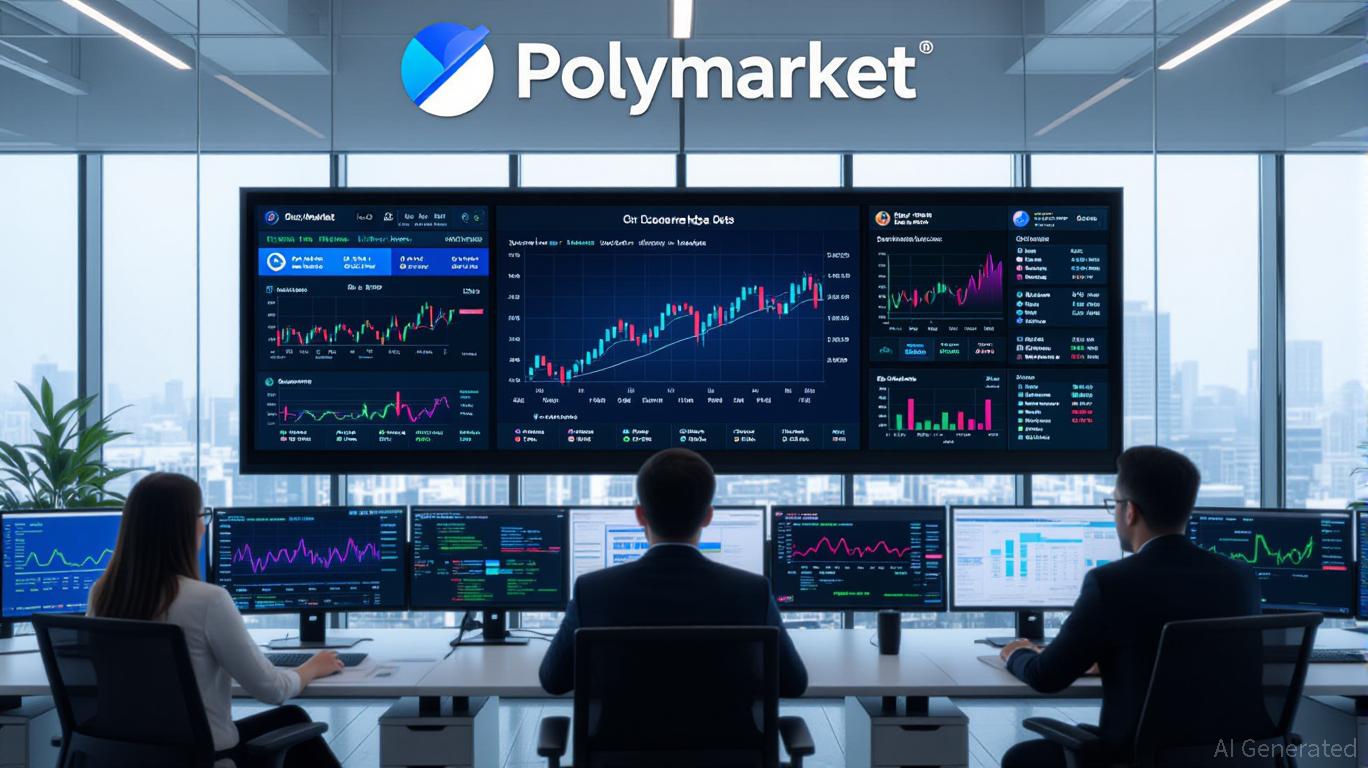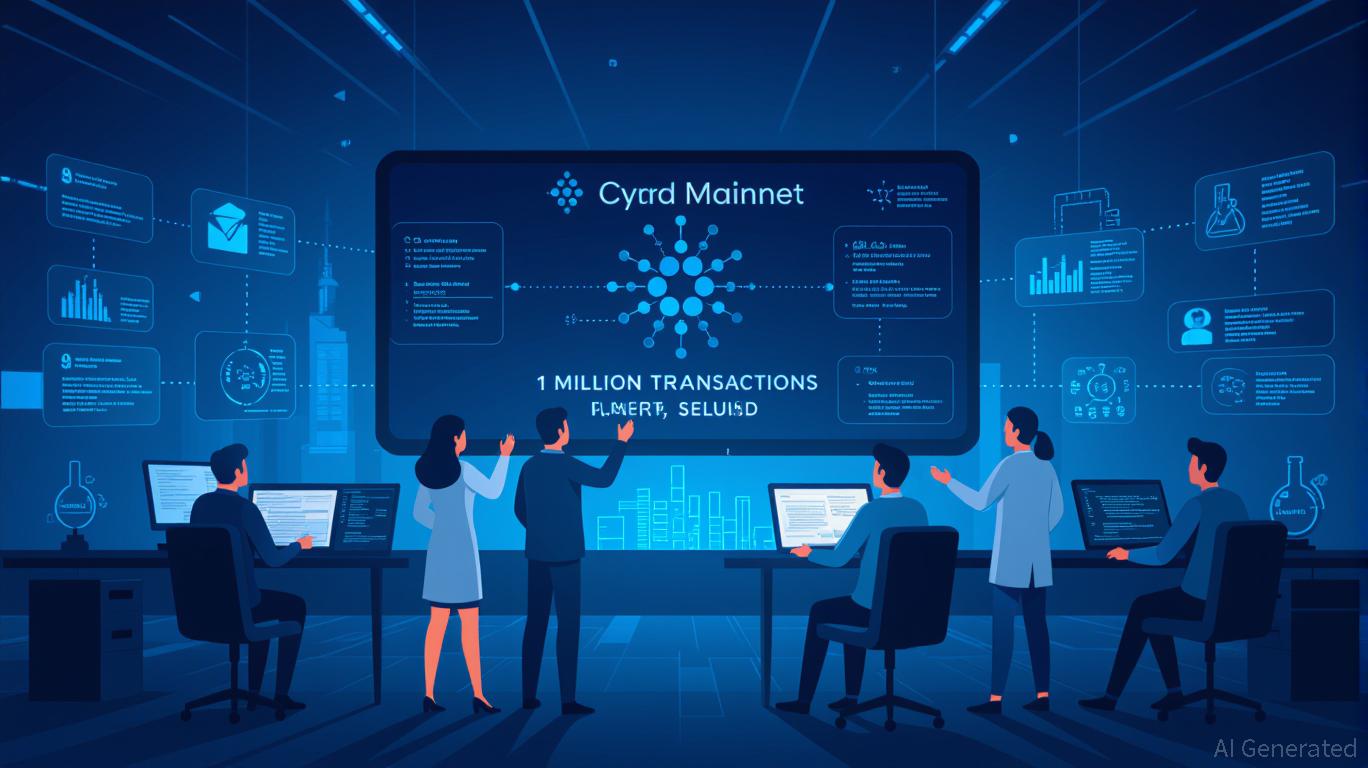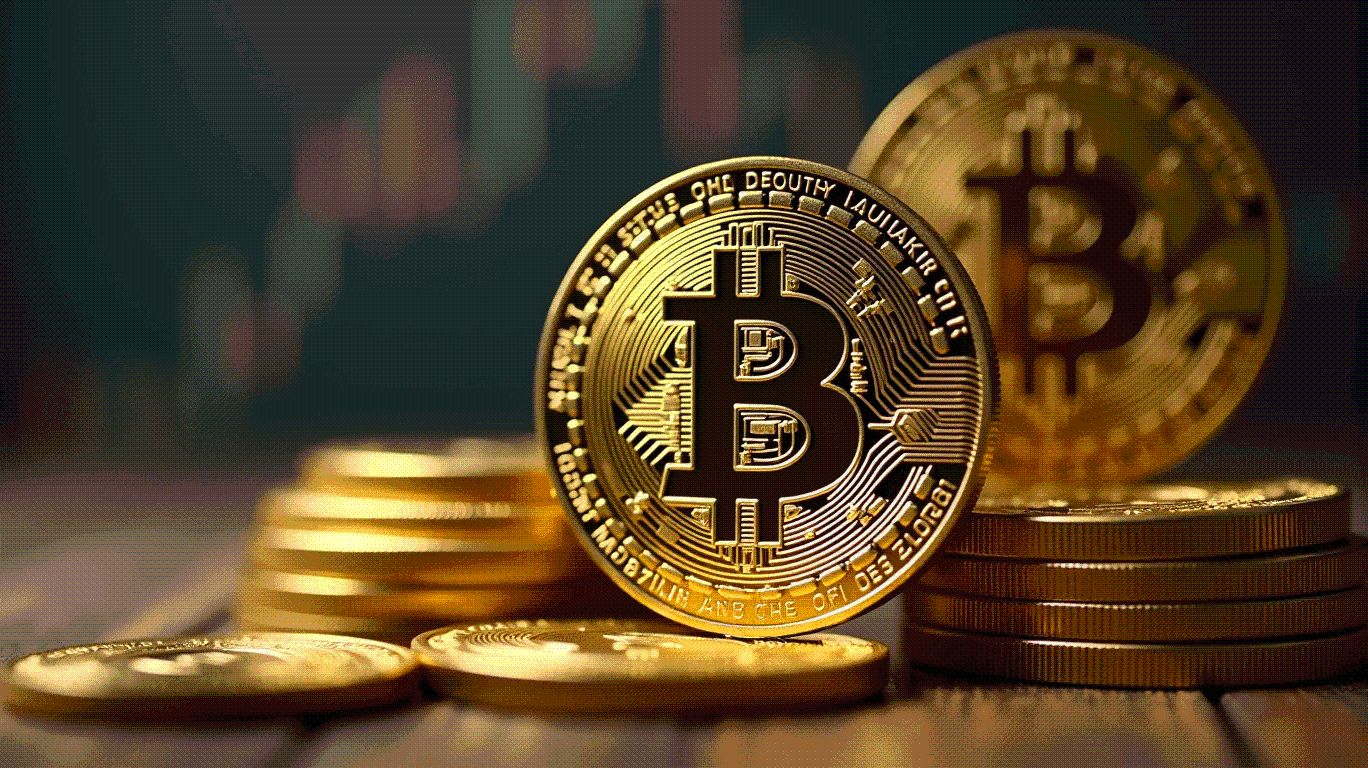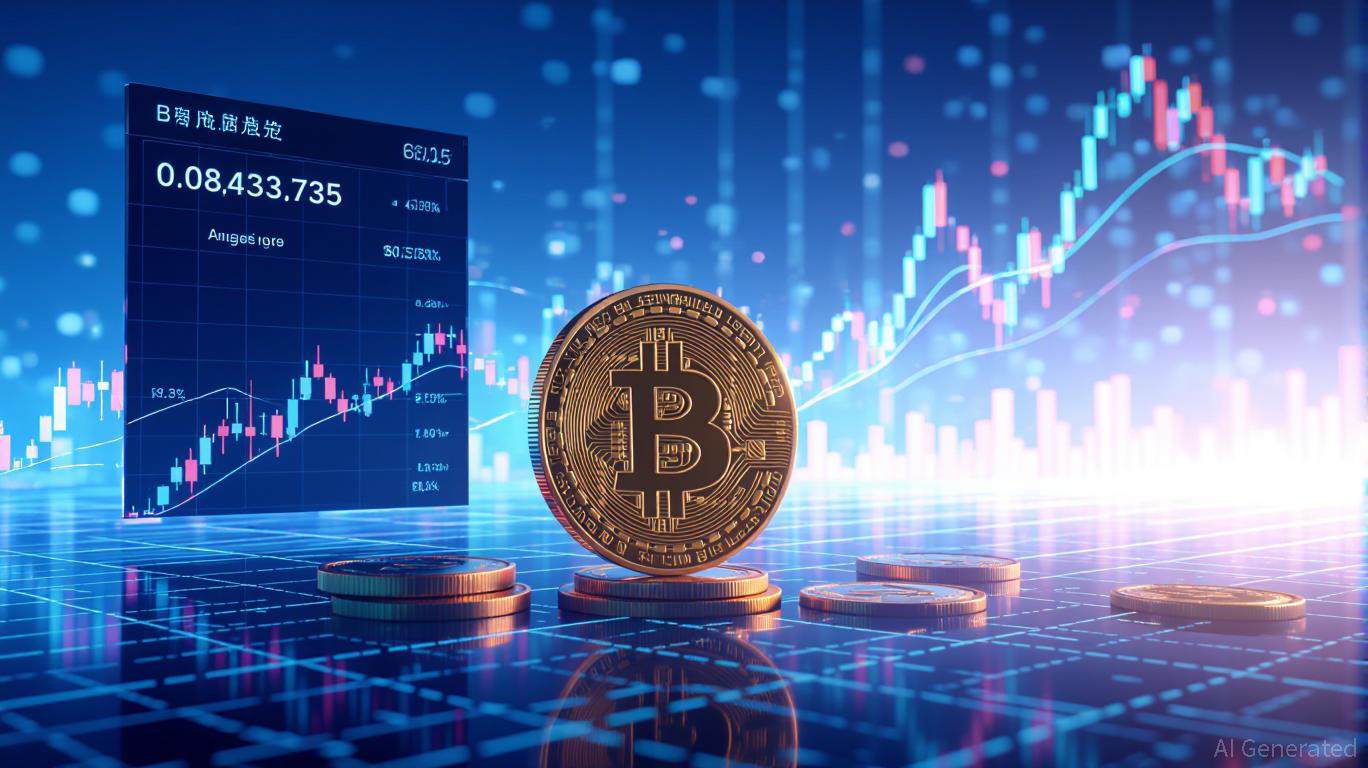News
Stay up to date on the latest crypto trends with our expert, in-depth coverage.

- Polymarket's valuation surged to $1B in 2025, driven by regulatory clarity, AI integration, and strategic partnerships with entities like Elon Musk's X and Donald Trump Jr.'s 1789 Capital. - U.S. SEC rulings (KalshiEx, stablecoin non-securities) and EU/UK regulatory reforms created a framework enabling prediction markets to operate as compliant, capital-efficient forecasting tools. - The platform processed $8B in bets (2025), leveraged Polygon's blockchain, and acquired CFTC-licensed QCEX to bridge DeFi

- UK's FCA introduces 2026 safeguarding rules requiring daily fund reconciliations, enhanced transparency, and operational rigor for fintechs and custodians. - Rules drive demand for RegTech solutions like ComplyAdvantage and AI-driven compliance tools, while favoring high-credit custodians like Barclays and HSBC. - Smaller fintechs with proactive compliance (e.g., Monzo) gain competitive edge, while non-compliant firms face consolidation risks amid stricter audit and insolvency protocols. - Investors shou

- August 2025 crypto market shows Bitcoin consolidating near $110,000 while Ethereum gains institutional traction above $4,785 amid EIP-4844 upgrades. - Altcoins like Solana (SOL) surge 12.93% on Firedancer upgrades and XRP consolidates near $3.01 with whale accumulation signals. - Strategic positioning emphasizes ETH allocation (30-40%) and sector rotation in programmable settlement (Solana/Ethereum) and infrastructure tokens (Arbitrum). - On-chain signals and volatility hedging via BVXS index (35.66) hig

- Meme coins like Dogecoin and Shiba Inu challenge traditional finance by leveraging social media-driven FOMO and community identity. - Decentralized platforms enable mass creation of tokens (e.g., Pump.fun), flooding markets with speculative assets tied to attention rather than utility. - Volatility and lack of fundamentals make meme coins high-risk bets, requiring strict risk management despite their democratizing appeal to retail investors. - Psychological factors like celebrity endorsements and cultura

- XRP gains traction post-SEC victory, attracting $9.1M in institutional inflows as cross-border payment utility drives adoption. - Cardano (ADA) secures $1.2B custodied assets via regulatory clarity, with ETF approval odds at 83% and $1.20 price targets by Q4 2025. - MAGACOIN FINANCE sees 420% wallet growth and $1.4B whale inflows, projecting 35x-15,000x returns but requiring strict risk management due to speculative nature. - Strategic allocation suggests 60% in XRP/ADA for stable growth and 40% in MAGAC

- Tron's 2025 deBridge integration enables cross-chain liquidity aggregation across 25+ blockchains, redefining its role in multichain DeFi. - Leveraging 99.2% USDT processing dominance, Tron facilitates instant stablecoin transfers with reduced counterparty risk via direct custody. - Strategic expansion boosts TRX demand through network effects and partnerships while low-cost infrastructure accelerates emerging market adoption. - DeBridge's trust-minimized architecture and zero-TVL model enhance efficienc

- Delio's 2025 rejected corporate rehabilitation bid exposes South Korea's crypto insolvency framework gaps and investor risks. - Court's reliance on DRBA Article 42,3 underscores legal ambiguity, while volatile crypto assets complicate traditional insolvency models. - FSC's 2025 lending suspensions and VAUPA reforms aim to stabilize markets but raise innovation concerns, pushing investors toward DeFi and non-custodial solutions. - Investors now prioritize diversification, due diligence, and hedging as Del

- Ethereum's $566B market cap and 60% stablecoin dominance solidify its role as institutional blockchain infrastructure. - Arbitrum's 2025 upgrades (12x faster transactions, 50+ Orbit chains) enable scalable multi-chain solutions for institutional use. - Cold Wallet's $6.3M presale addresses institutional demand for secure, multi-chain custody amid Ethereum/Arbitrum growth. - Infrastructure investments align with $9.4B Ethereum ETF inflows and PayPal/Euler Labs' Arbitrum expansions, signaling $10T crypto f

- Ethereum (ETH) outperforms Bitcoin (BTC) in 2025 as institutional capital shifts toward ETH-based digital asset treasuries (DATs) due to staking yields and utility-driven growth. - Institutional ETH accumulation hit 4.1M ($17.6B) by July 2025, driven by 4.5–5.2% staking yields and ETF inflows surpassing Bitcoin’s, with ETH/BTC ratio hitting a 14-month high of 0.71. - Regulatory clarity (CLARITY/GENIUS Acts) and deflationary supply dynamics position ETH as a yield-generating infrastructure asset, with Sta

- Bitcoin's August 2025 market shows sharp divergence: derivatives funding rates hit 0.0084 (211% rebound) amid $1.2B ETF outflows and $900M liquidations. - Structural risks emerge as long/short ratio normalizes to 1.03, masking leveraged fragility exposed by $2.7B whale dump triggering $500M liquidations. - On-chain signals highlight overbought conditions (NUPL 0.72) and technical bearishness with 100-day EMA breakdown to $106,641. - Contrarian opportunities arise as Derivative Market Power index stabiliz
- 01:17Bitwise Spot Solana ETF sees $69.5 million net inflow on its first dayAccording to Jinse Finance, SolanaFloor reported that the Bitwise spot Solana exchange-traded fund (ETF) BSOL recorded a net capital inflow of $69.5 million on its first day, nearly 480% higher than the $12 million inflow of SSK on its first day.
- 01:07Machi Big Brother deposits 644,000 USDC into HyperLiquid, increasing long positions in ETH and HYPEAccording to Jinse Finance, Onchain Lens monitoring shows that "Machi Big Brother" Huang Licheng (@machibigbrother) deposited $643,939 USDC into HyperLiquid in the past 17 hours to further increase his long positions in ETH (25x leverage) and HYPE (10x leverage).
- 01:07Grayscale GSOL does not have the same regulatory oversight and protections as ETFs and mutual funds registered under the 40 Act.Jinse Finance reported that Grayscale stated on its official website that the Grayscale Solana Trust ETF ("GSOL" or "the Fund") is an Exchange Traded Product (ETP) and is not registered under the Investment Company Act of 1940 ("40 Act"), and therefore does not enjoy the same regulatory oversight and protections as ETFs and mutual funds registered under the 40 Act. Investing involves risks, including the possible loss of principal. Investment in GSOL carries a high degree of risk and volatility. GSOL is not suitable for investors who cannot bear the loss of their entire investment.